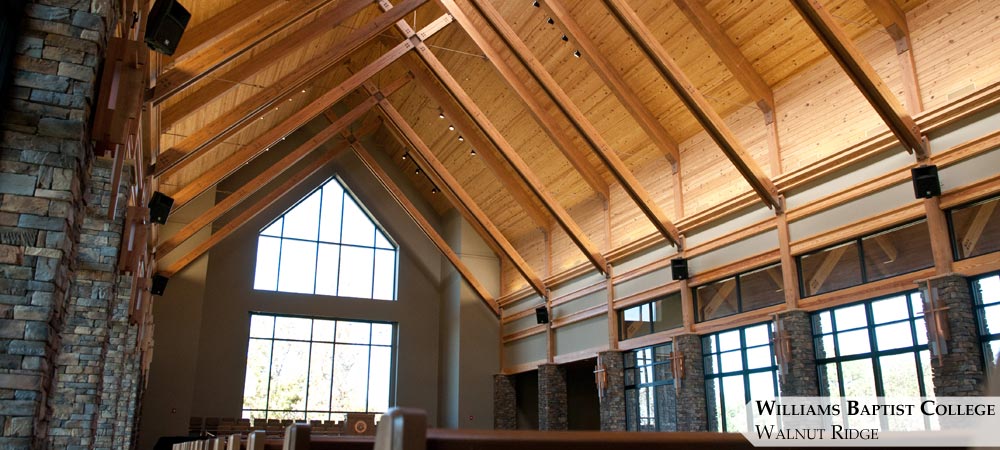The University of the Ozarks’ Pat Walker Teacher Education Program has been granted accreditation by the Council for the Accreditation of Educator Preparation (CAEP) through 2024.
U of O’s program was granted accreditation at the initial-licensure level and was one of 42 providers (colleges and universities) from 23 states and the District of Columbia that earned accreditation from CAEP during its spring review for their educator preparation programs (EPPs). These providers join 196 previously accredited providers in promoting excellence in educator preparation, bringing the total of CAEP-accredited EPPs to 238.
Created by the consolidation of the National Council for Accreditation of Teacher Education and the Teacher Education Accreditation Council, CAEP is the single specialized accreditor for educator preparation in the United States.
Dr. Brett Stone, dean of the education program, said, “I am extremely proud of the education faculty and staff for their steadfast commitment to making our program, students and curriculum the best it can be. The accreditation process is certainly challenging, but is critical for maintaining a quality program that produces competent teachers for the state of Arkansas.”
Stone also credited area school partners as well as other Ozarks faculty members for the success of the education program.
“I am certainly grateful for the support and participation from our program partners, particularly for their necessary role in helping us produce quality teachers,” he said. “I would like to specifically credit the U of O faculty, our cooperating classroom teachers and the administrators from area school districts for their involvement throughout this process.”
The CAEP Accreditation Council held its spring 2019 review in May, during which 42 providers were approved under the rigorous, nationally recognized CAEP Teacher Preparation Standards.
“These providers meet high standards so that their students receive an education that prepares them to succeed in a diverse range of classrooms after they graduate,” said CAEP President Dr. Christopher A. Koch. “Seeking CAEP accreditation is a significant commitment on the part of an educator preparation provider.”
CAEP is the sole nationally-recognized accrediting body for educator preparation. Accreditation is a nongovernmental activity based on peer review that serves the dual functions of assuring quality and promoting improvement. Approximately 800 educator preparation providers participate in the CAEP Accreditation system, including some previously accredited through former standards.
Educator preparation providers seeking accreditation must pass peer review on five standards, which are based on two principles:
- Solid evidence that the provider’s graduates are competent and caring educators, and
- Solid evidence that the provider’s educator staff have the capacity to create a culture of evidence and use it to maintain and enhance the quality of the professional programs they offer.
If a program fails to meet one of the five standards, it is placed on probation for two years. Probation may be lifted in two years if a program provides evidence that it meets the standard.










